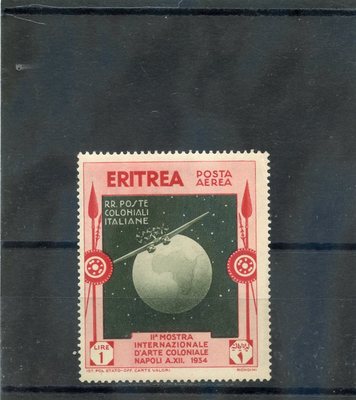Understanding Eritrea: Past and Present

Introduction
Eritrea, a small country on the Horn of Africa, has often been in the international spotlight due to its complex history and strategic location. Bordered by Sudan, Ethiopia, Djibouti, and the Red Sea, Eritrea’s significance extends beyond its borders, impacting regional politics and international relations. Recent developments in Eritrea’s government and social conditions highlight the ongoing relevance of this nation in contemporary discourse.
Historical Context
Eritrea gained independence from Ethiopia in 1993 after a prolonged struggle that lasted for three decades. The conflict that led to its independence was rooted in colonial and territorial disputes, which shaped its national identity. However, this victory ushered in a series of challenges, including military conflicts, economic instability, and oppressive government policies.
Current Political Landscape
Today, Eritrea is often described as a one-party state, governed by the People’s Front for Democracy and Justice (PFDJ). The political environment is marked by limited personal freedoms and a lack of democratic processes. Recently, there have been reports of humanitarian issues, including forced military conscription that affects all citizens in a manner that has drawn international criticism.
Recent Developments
In 2023, the international community has observed ongoing tensions between Eritrea and its neighbouring countries, particularly Ethiopia. Despite previous peace agreements aimed at cessation of hostilities, conflicts and border disputes continue to arise. Moreover, Eritrea’s involvement in the Tigray conflict further complicates its relationship with international entities and neighbours.
Conclusion
As Eritrea navigates its complex geopolitical landscape, the implications of its political and social dynamics remain significant for both the region and the global community. The country’s ongoing challenges and potential for change showcase the resilience of its people and the continuing relevance of globally addressing human rights and governance issues. Understanding Eritrea is crucial not only for appreciating its past but also for anticipating its role in the future of the Horn of Africa.






